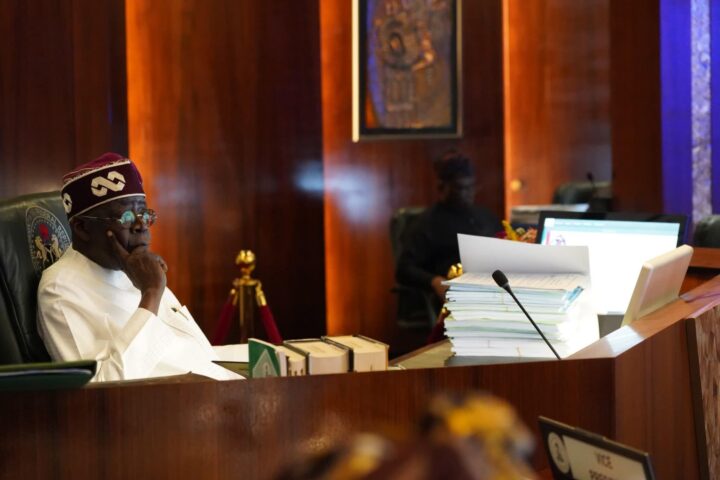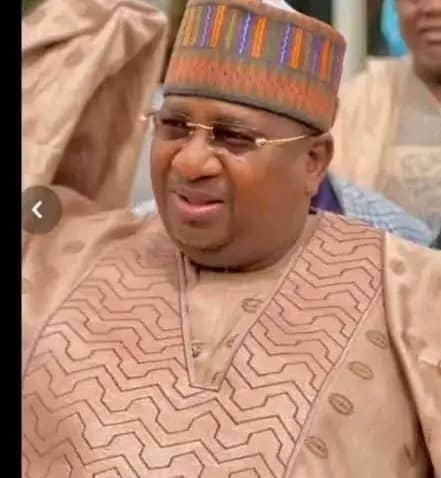The Supreme Court of Nigeria has upheld the de-registration of 22 political parties by the Independent National Electoral Commission.
The verdict was sequel to an appeal by INEC against the decision of the Court of Appeal, Abuja Division which had voided the deregistration of the political parties.
INEC had on February 6, 2020 de-registered 74 political parties for failing to win any political office in the last general election.
The Advanced Congress of Democrats (ACD) and 21 other parties headed to the Federal High Court Abuja to challenge their deregistration by INEC.
In a verdict on June 11, 2020, the trial Court dismissed the suit on the grounds that INEC was empowered to de-register parties that failed to win elections.
The court held that Section 225(a), (b) and (c) of the Constitution could be construed disjointively to imply that INEC possesses the power to deregister parties.
The Court of Appeal, Abuja, in its verdict in August 2020, said although INEC could de-register parties, it was wrong to have deregistered ACD and 21 other parties while their case was pending in court.
The political parties were among the 74 deregistered in 2020 by INEC following their dismal performances past elections.
In a lead judgment today, Justice Ejembi Eko of the Supreme Court set aside the verdict of the court ,adding that the appellate Court on its own,raised the issue of lack of fair hearing in favour of the 22 deregistered political parties and arrived at a conclusion without hearing from other parties in the matter.
“This appeal by INEC is meritorious and is hereby allowed. The decision of the court below is set aside” Justice Eko held.
Justice Eko said maintained that proceeding to give judgment in such a situation as done by the Court of Appeal was contrary to the pillar of the same fair hearing and as such, “its findings and conclusion cannot stand.
“It is not the basic functions of any court to raise a fundermental issue suo motu and come to the conclusion without being addressed by parties in the matter.
“Such action runs foul of the pillar of the fair hearing itself” Justice Eko held.
It was the contention of the apex court that the Court of Appeal took out the issue of fair hearing out of the contemplation of the notice of appeal filed by the political parties but refused to do the needful in order to be fair to others in the matter.
The apex court said that the Court of Appeal erred in law by raising the issue of fair hearing in favour of the political parties and declined to give opportunity to other respondents to address it on the matter in order to arrive at a just conclusion.
















